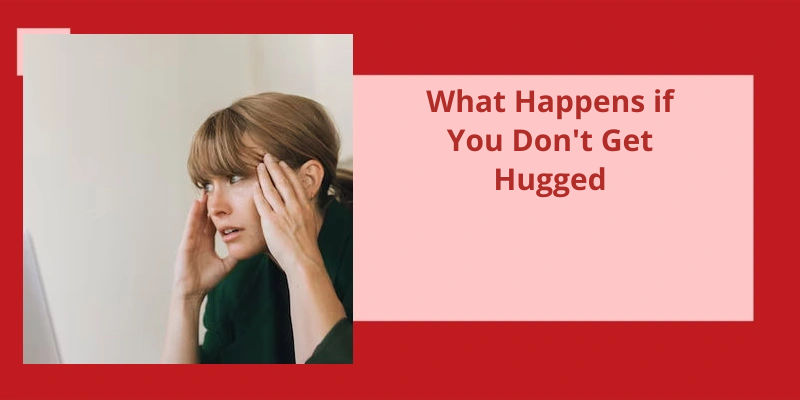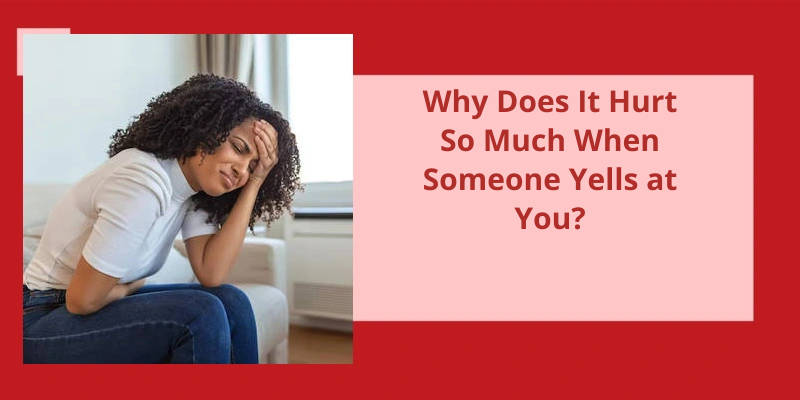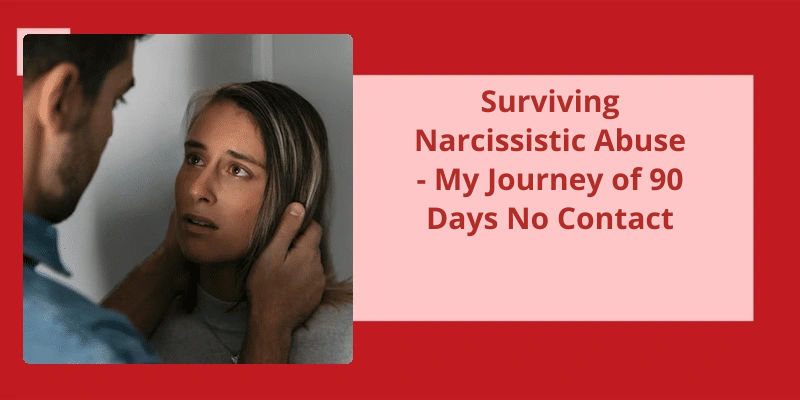When we think of a hug, we often associate it with warmth, comfort, and a sense of connection. However, what many may not realize is the substantial impact that a lack of physical contact can have on our well-being. Studies have shown that without regular hugs and physical affection, individuals may experience heightened levels of stress, anxiety, and depression. The power of touch shouldn’t be underestimated, as it’s been proven to promote psychological well-being. Whether it’s a warm embrace from a loved one or a friendly pat on the back, physical contact has the ability to nurture our mental and emotional health. Therefore, it’s crucial to recognize the potential risks associated with a lack of hugs and seek out alternative methods of receiving affection to safeguard our overall well-being.
What Happens if Someone Isn’t Hugged?
The body of a basic human need. Hugging releases oxytocin, also known as the “love hormone,” which promotes feelings of trust, bonding, and well-being. When someone goes without this physical touch for an extended period, their mental and emotional health can suffer.
One of the main consequences of not getting hugged is increased feelings of loneliness and isolation. Hugs provide a sense of connection and reassurance, and without them, individuals may feel disconnected from others and their surroundings. Loneliness can lead to a decrease in self-esteem and overall life satisfaction, as well as an increased risk of developing mental health disorders such as depression and anxiety.
Additionally, the lack of physical touch can heighten stress levels. When we embrace someone, our bodies release cortisol, a hormone that helps regulate stress. Without proper hugging or physical contact, our cortisol levels can remain elevated, leading to chronic stress. This can have severe consequences on our health, including weakened immune system function, elevated blood pressure, and an increased risk of heart disease.
Sleep quality can also be affected by the absence of hugs. Without this hormonal response, falling asleep and staying asleep can become challenging. It can lead to insomnia, restless nights, and a constant feeling of restlessness or unease.
Overall, the simple act of a hug holds immense power. It’s crucial to recognize the importance of physical touch and prioritize the need for human connection in our lives. So next time you’ve the opportunity, don’t hesitate to give someone a warm, comforting hug, as it could have a profound impact on their well-being.
The Psychological Benefits of Hugs on an Individual’s Mental Well-Being
Hugs aren’t just simple physical gestures but also have powerful psychological benefits on an individual’s mental well-being. When we receive hugs, our bodies release oxytocin, a hormone known as the “love hormone” or “cuddle chemical.” This hormone promotes feelings of happiness, relaxation, and social bonding, which can instantly elevate our mood.
Regular hugging can have long-term effects on our mental health. It helps reduce stress, anxiety, and feelings of loneliness. Hugs can also improve our self-esteem and confidence, as they provide a sense of security and acceptance. When we receive a hug, it creates a connection with another person, reminding us that we aren’t alone in this world.
Furthermore, hugs can improve our relationships with others. They promote empathy, trust, and emotional support, fostering healthier and more intimate connections. Hugging can even enhance communication and reduce misunderstandings, as it bridges the gap between verbal and non-verbal expressions of emotions.
Unfortunately, if we don’t receive enough hugs or lack physical touch altogether, it can negatively impact our mental well-being. Studies have shown that individuals who experience touch deprivation are more prone to depression, stress, and various emotional disturbances.
In conclusion, hugs play a vital role in maintaining our mental health. They’ve the power to uplift our spirits, strengthen relationships, and provide a sense of belonging. So, don’t underestimate the significance of a warm, heartfelt hug – it can genuinely make a positive difference in your life.
It’s important to recognize and respect that not everyone enjoys physical contact like hugs. According to Dr. Aline Zoldbrod, trauma can be stored in the body and may cause discomfort rather than pleasure in touch. In such cases, individuals may feel a sense of vulnerability and loss of control, making hugging or any form of physical touch undesirable for them.
Why Do People Not Like Hugs Psychology?
When trauma is stored in implicit memory in the body, people don’t like to be hugged or touched. It makes them feel out of control and vulnerable,” she explained.
Additionally, some individuals may have personal boundaries that prevent them from enjoying physical touch. These boundaries could be a result of past experiences, cultural upbringing, or individual preferences. Some people simply prefer to maintain a certain level of personal space and find hugs to be intrusive or uncomfortable.
Furthermore, social anxiety or introverted tendencies could also contribute to a dislike for hugs. Some individuals may feel anxious or overwhelmed in social situations, and physical contact can intensify those feelings. For introverted people who tend to recharge by spending time alone, hugging can be seen as an invasion of their personal space.
It’s also important to consider that not everyone receives love or affection through physical touch. People have different love languages, as described by Gary Chapman, and for some, receiving words of affirmation or acts of service holds more significance than physical touch. Thus, hugs may not resonate with everyone as a meaningful or desired form of connection.
Everyone has their unique preferences and comfort levels when it comes to physical touch. For some, hugging may simply not align with their natural inclinations or personal values, and that’s perfectly okay.
These can range from past traumas and personal boundaries to social anxiety, introverted tendencies, different love languages, or simply personal preferences. It’s crucial to respect and understand each persons comfort level and not make assumptions or judgments based on their feelings towards physical touch.
The Potential Benefits of Touch Therapy for Individuals Who Dislike Hugs
- Improved sense of well-being
- Reduced feelings of stress and anxiety
- Increase in oxytocin production
- Enhanced bonding and connection
- Improved mood and emotional regulation
- Development of trust and security
- Decreased feelings of loneliness
- Promotion of relaxation and calm
- Alleviation of physical tension and pain
- Enhanced body awareness
Source: The Science-Backed Reason Why You May Hate Being Hugged
Conclusion
In summary, the human need for physical touch and affection is an essential aspect of our overall well-being. Therefore, the absence of hugs and physical contact can potentially jeopardize a person's mental and emotional health. It’s vital for us to recognize the importance of physical touch and embrace opportunities for human connection to ensure a healthier and more fulfilling life.






